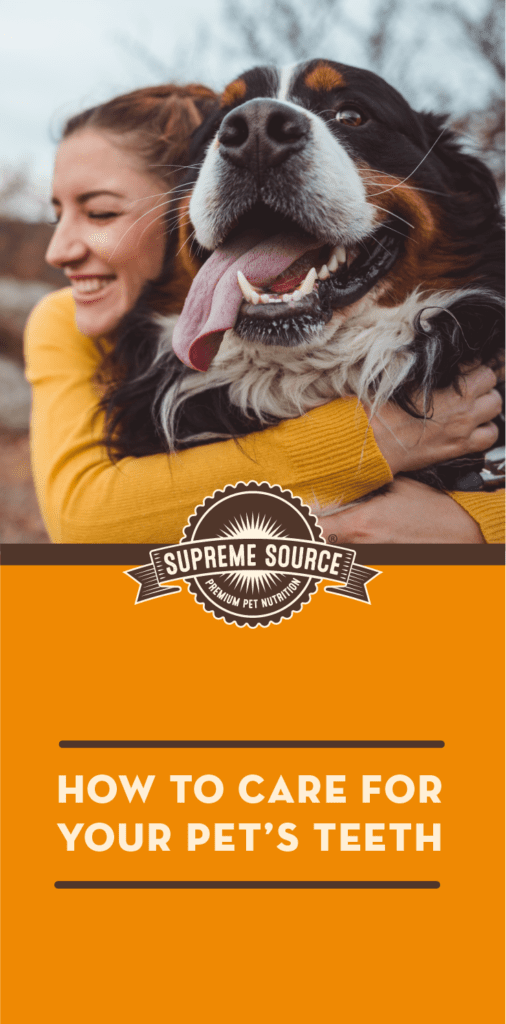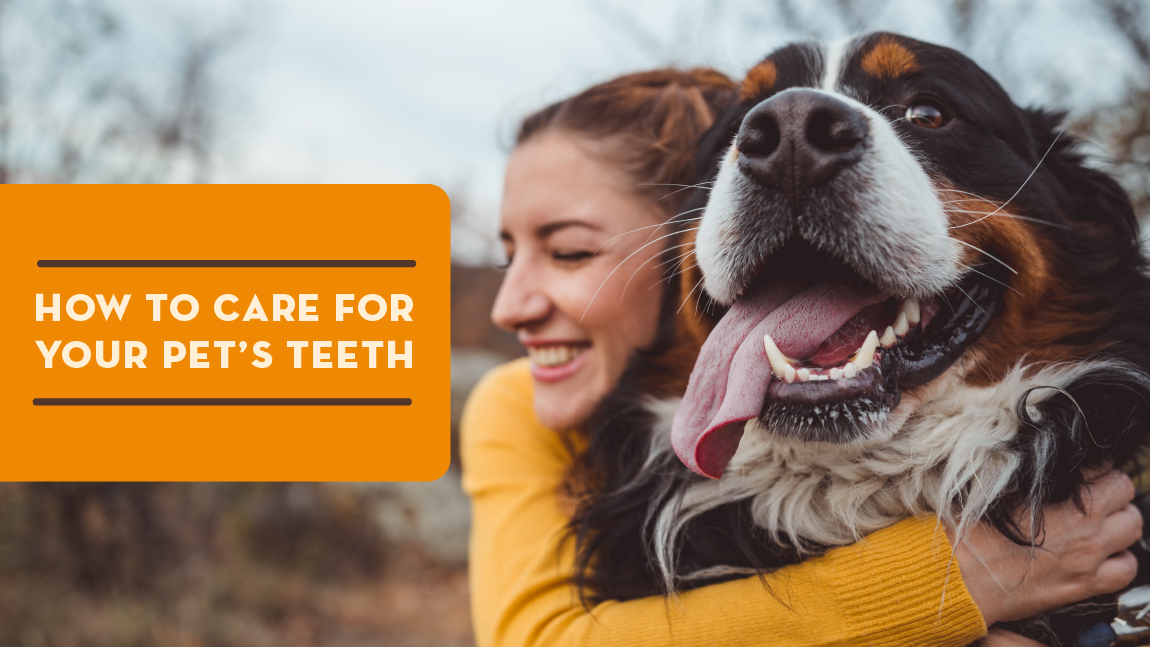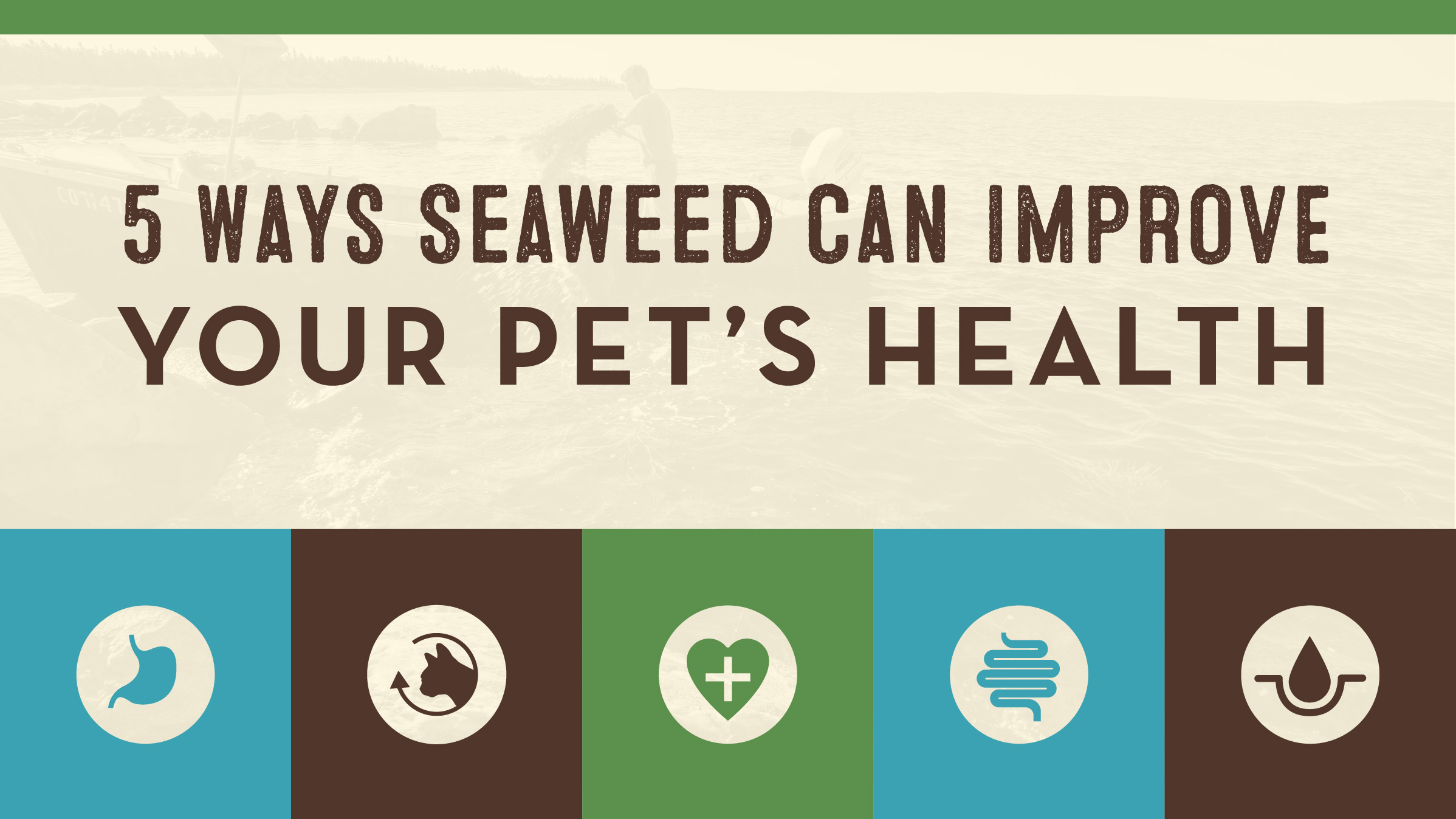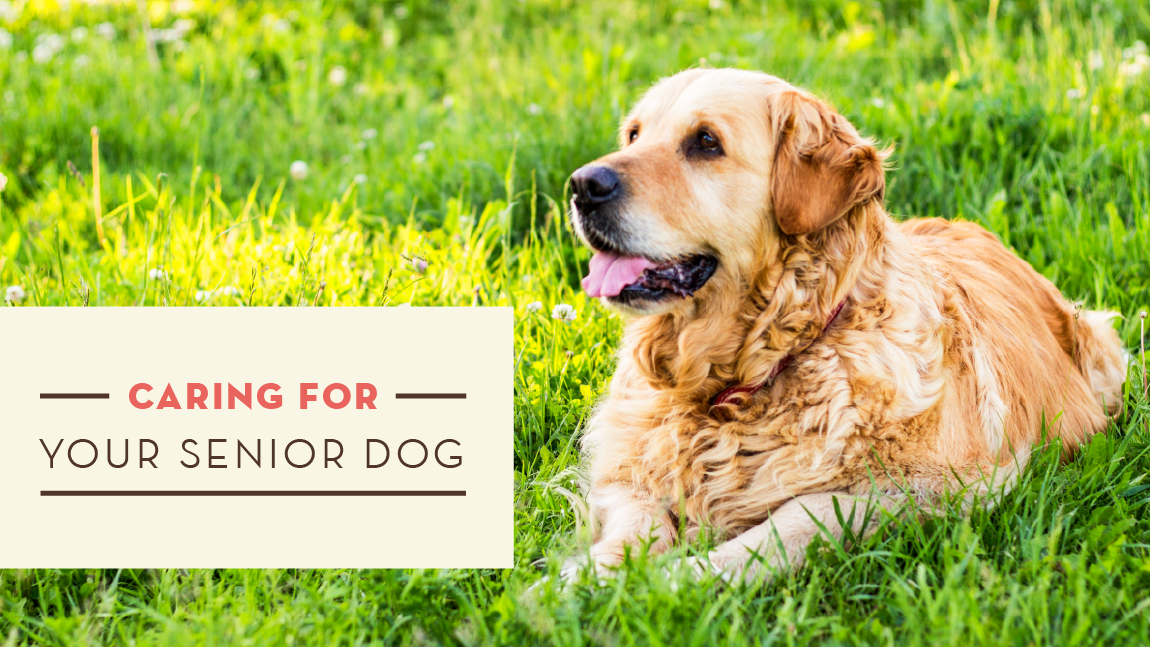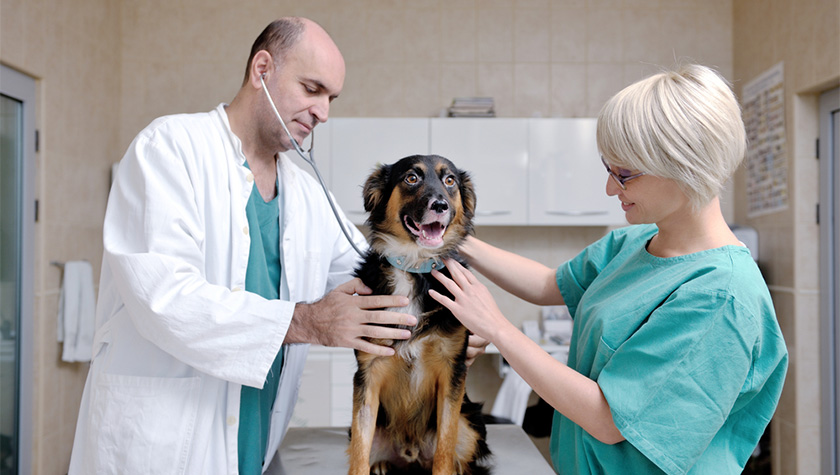If you are wondering why your pet has bad breath, it could be related to his dental hygiene. When it comes to pet health, dental hygiene usually isn’t top of mind for owners. It can be easy to forget that your pet’s teeth need cleaning just like yours. So how do you keep up with your pet’s teeth to help prevent bad breath and gum disease?
Know what normal looks like
Knowing what is normal can help you identify when something might be wrong with your pet’s teeth. Healthy teeth should be clean and free of plaque and tartar (hard or sticky discolorations). All of his teeth should be intact and not have jagged or broken pieces. Additionally, his tongue should be moist and his gums should be pink. Some dog breeds have naturally black or black and pink gums, so make sure you know what is normal for your specific breed.
Visit your veterinarian
You should always start with your vet. Pets need to be evaluated to determine if there is gum disease or other dental concerns that may need treatment. Veterinarians will usually check your pet’s teeth during their annual exams, but if it has been some time since his last visit and you are noticing teeth issues, take him in. Your vet can perform dental cleanings and X-rays, if needed. They can also recommend pet dental care products for you to use at home.
Brush your pet’s teeth
It’s pretty hard for your pet to hold a toothbrush in his paw. This means he relies on you to help him keep his teeth clean. The best way to do this is by brushing his teeth every day. Buy a pet-specific soft bristled brush and pet-specific toothpaste. Do not use human toothpaste, as it contains harmful chemicals your pet could swallow. Hold the brush at an angle to the tooth surface with the bristles pointing toward the gums. Move the brush in a circular motion along the teeth, including those in the back. Be patient with your pet if he is resistant and give him time to adjust.
Feed a dental specific diet, if recommended
Your veterinarian may recommend a special dental diet if your pet’s teeth warrant it. The dental specific diet may contain special kibble that does a better job cleaning your pet’s teeth then traditional kibble. Before switching your pet’s diet, you should always talk to your veterinarian and switch slowly to avoid upsetting your pet’s stomach.
Helping your dog or cat keep his mouth clean can help prevent additional trips to the vet. Ultimately, a healthy mouth means a healthy pet. And a healthy pet means a happy pet.
